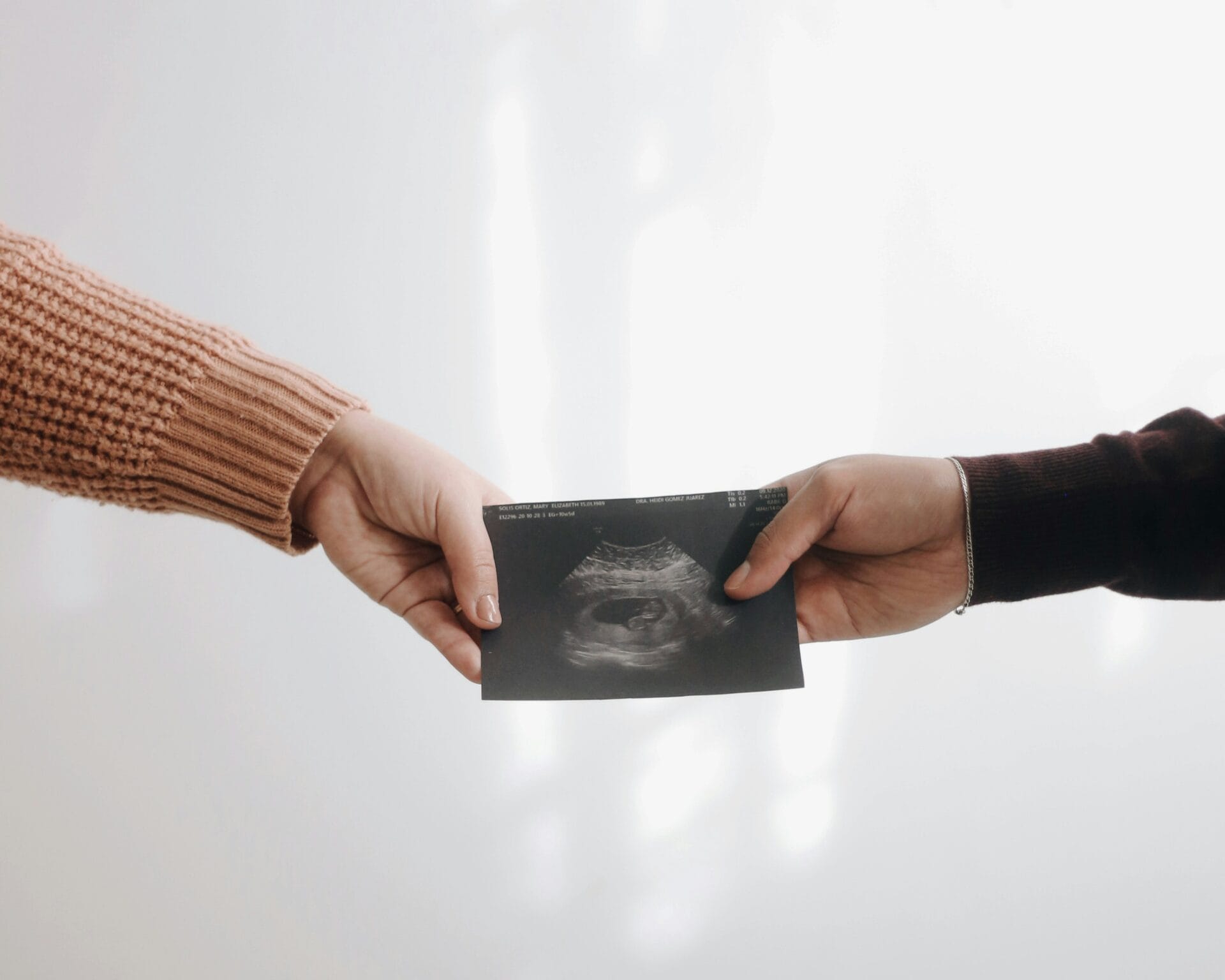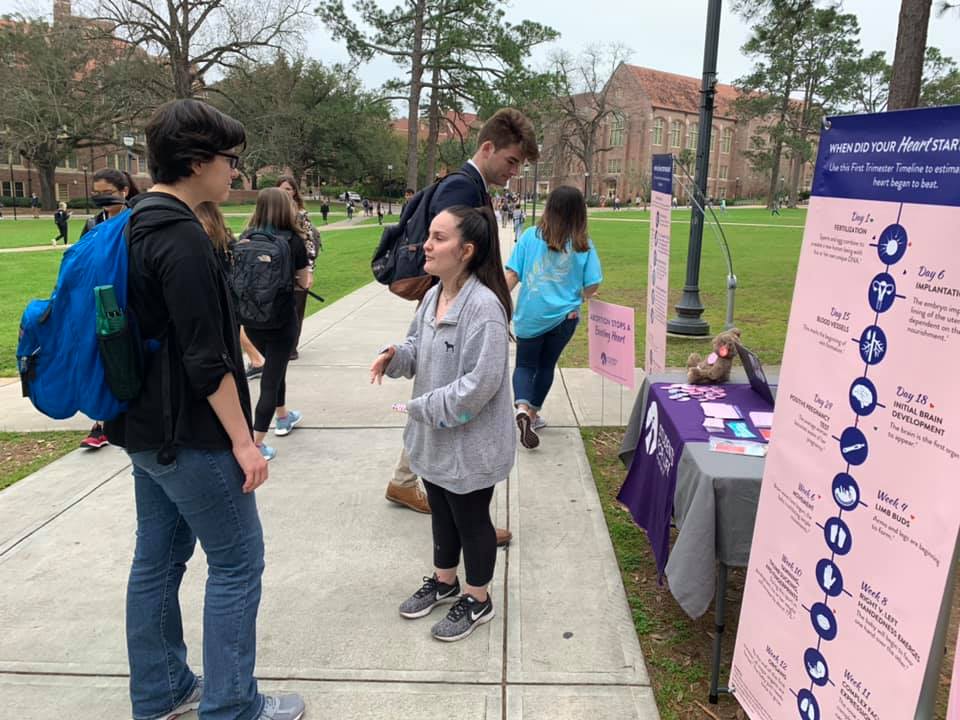
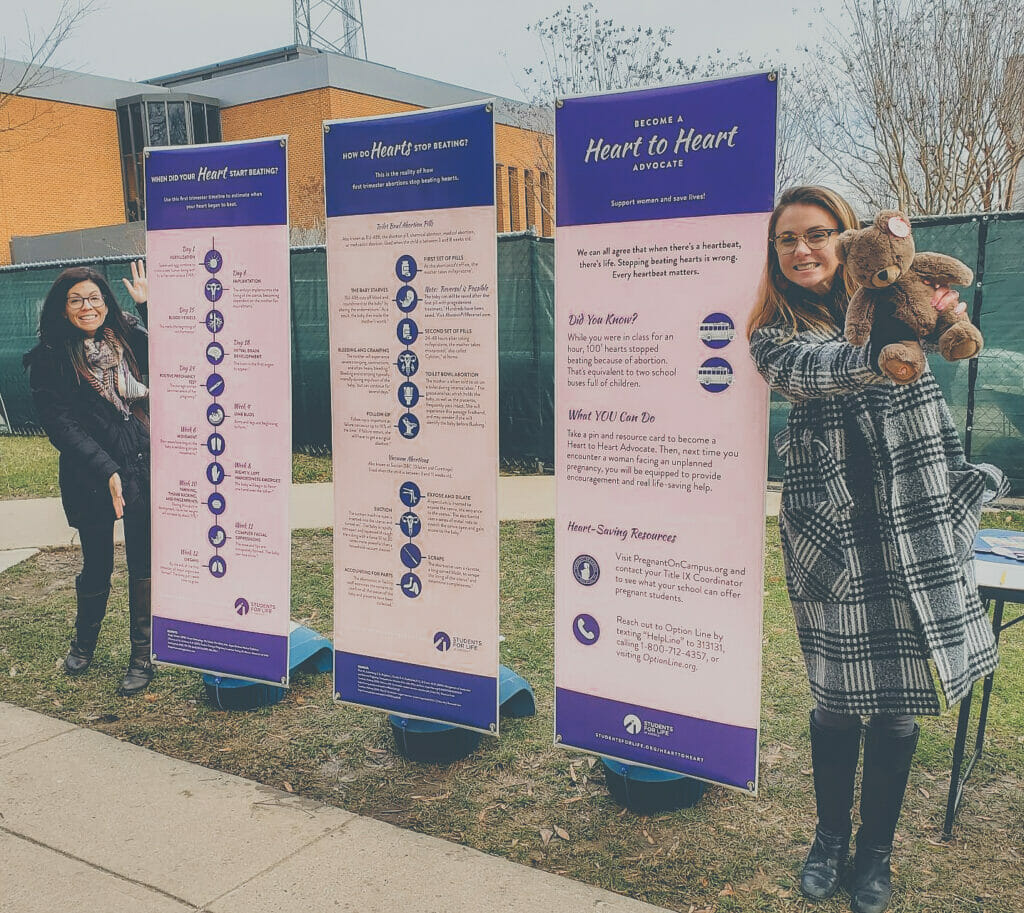
Heart to Heart‘s first week has just concluded, and it has already visited 10 different college campuses nationwide! The display will be making the rounds all the way through April.
Lily said:
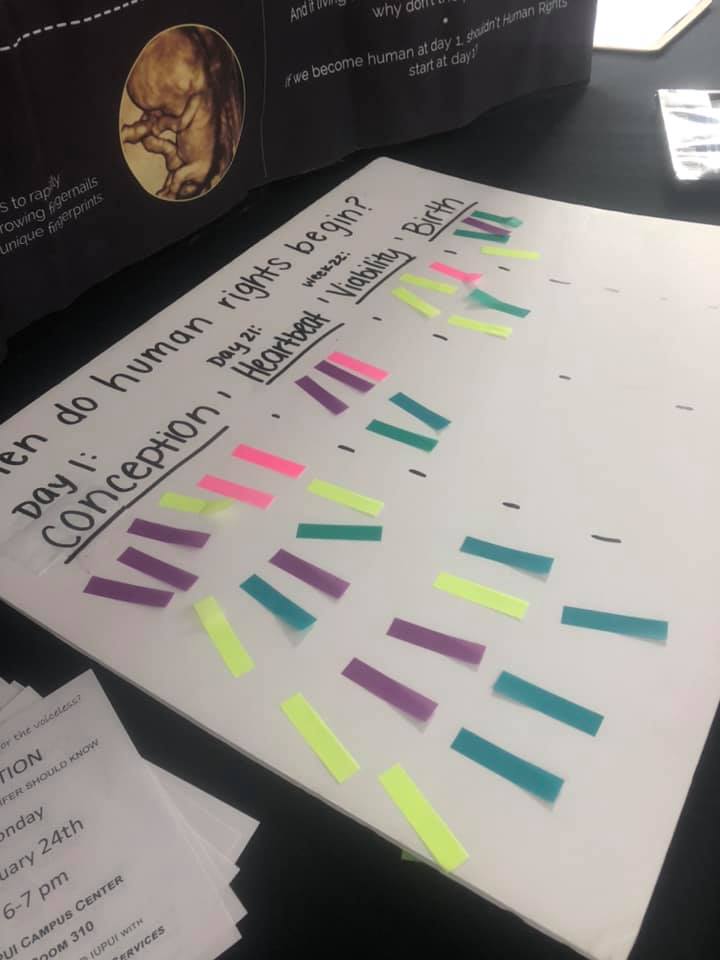 I did our Human Rights tabletop at IUPUI (Indiana University Purdue University Indianapolis). A young man approached and voted at the interactive timeline that human rights begin at viability (which is sometime in the early third trimester). That gave me a place to start; all I did then was explain that we’re human and living, just like the preborn, and that there’s no significant difference that makes a child before viability worth less. He moved his sticky note to Human Rights Begin at Conception. And that’s all it took for someone to claim a radical pro-abortion stance to being pro-life.
I did our Human Rights tabletop at IUPUI (Indiana University Purdue University Indianapolis). A young man approached and voted at the interactive timeline that human rights begin at viability (which is sometime in the early third trimester). That gave me a place to start; all I did then was explain that we’re human and living, just like the preborn, and that there’s no significant difference that makes a child before viability worth less. He moved his sticky note to Human Rights Begin at Conception. And that’s all it took for someone to claim a radical pro-abortion stance to being pro-life.Helping Post-Abortive Women in Washington
The following was an encounter had by Washington Regional Coordinator, Karlie Lodjic. She reflected:
“I was at Western Washington University. A girl came up and was talking about the question of whether abortion should be legal when the fetus can feel pain (since we had the fetal pain display out). She told us that she was on the fence about it partially because she had had an abortion. I told her that she didn’t have to answer the question we had initially posed due to her personal experience and asked if she had been able to heal from her abortion.
She was crying at this point and told me she still wasn’t healed from it. She had an abortion at 14 and is only 18 now. She was worried about how her dad would respond had he found out that she was pregnant. I was able to give her our “Know someone who has had an abortion?” topic card with the post-abortive resources on it, told her about Silent No More Awareness, and asked her what she would want people like us to know about people who have had abortions. She was clearly emotional about the topic and told us that it’s a hard decision and not one that people want to make. We were able to just listen to her and, before she left, she asked what the name of the group was, so hopefully she will contact the students in the future if she needs to talk again!”
Talking to a Student in a Dire Situation
Reflection by Michele Hendrickson
 We should never forget that the abortion industry targets young women, especially around college campuses. I am always reminded of this when I am on campus with any display, because inevitably you meet someone who has gone through with an abortion. What is unique about the Heart to Heart tour is that it specifically highlights first trimester abortion, emotionally humanizing babies as young as 21 days after conception.
We should never forget that the abortion industry targets young women, especially around college campuses. I am always reminded of this when I am on campus with any display, because inevitably you meet someone who has gone through with an abortion. What is unique about the Heart to Heart tour is that it specifically highlights first trimester abortion, emotionally humanizing babies as young as 21 days after conception.
While all the pro-life folks reading this know that a valuable human worth protecting existed at day 1, we must remember not everyone sees it that way and it’s really difficult for them to view humans still in the womb as equal. For the on-the-fence person on campus, something as simple as sharing when the heart first started beating clues them in to someone being there. And for the women who took that early abortion pill without thinking anything of it… that hits them hard.
We’re on campuses to share the truth of abortion, the lives lost, the injustice, the violence… and somehow in the same breath, share the grace and healing needed for the woman who has already chosen abortion. That’s what happened my first day on campus with the tour. A student, maybe around 20 years old, approached the display, walked through the timeline and the questions as usual, but then sort of paused.
I asked her questions to help further the conversation, but her responses were short. We weren’t getting anywhere. I cut-off my inquiry and said, “I can tell you’re thinking something, but I can’t tell what. A big part of today is just connecting with people, whatever you want to share.” That did it. It turns out her friend was scheduled to take the abortion pill that same week and her mind was spinning with what she now learned her friend was getting into. The display jumped from a place to trade philosophical positions to this girl’s actual life situation playing out before us. Our Field Team is well trained and experienced in meeting students right where they’re at, reading the signs, and equipping women with resources – but every time this moment happens, I get goosebumps. I felt like the next words I had for her could make or break saving two lives, and that is a pressure our team bears on a daily basis.
I thanked her that she felt comfortable enough to share what she was going through, and that she seemed like a good friend for caring so much. I reassured her that one of the main reasons this display and conversation is so important, is because we care about what women are going through during unplanned pregnancies. Women are often misled when handed abortion-inducing drugs and their real needs that brought them to considering abortion in the first place are not met.
They’re not told about the risks of the pills they’re taking. The whole procedure is painted lightly, but it ultimately leaves them in physical and emotional pain, alone in a bathroom flushing away the remains of their once-living child. That does something to a woman, whether it hits them right away or decades later, countless women have shown me: abortion changes you. If we can help even just one woman make a more-informed decision, we did our work on campus that day. The student took every resource card we had, and was prepared to have an honest conversation with her friend.
Want to Schedule an SFLA Display at Your School?
Email your Regional Coordinator at [yourstate]@studentsforlife.org to schedule one of our displays at your campus! Displays come in different varieties and topics, from Fetal Pain and Human Rights to Planned Parenthood’s dirty secrets and Roe v. Wade’s real effect on America.
ALSO: if you’re a pro-life student, already out there having conversations about abortion on your campus and in your community, join our T.A.L.K. Campaign! Log your conversations for a chance to win cash prizes, national pro-life speakers for your group, and more!
Share this post
Recent Posts
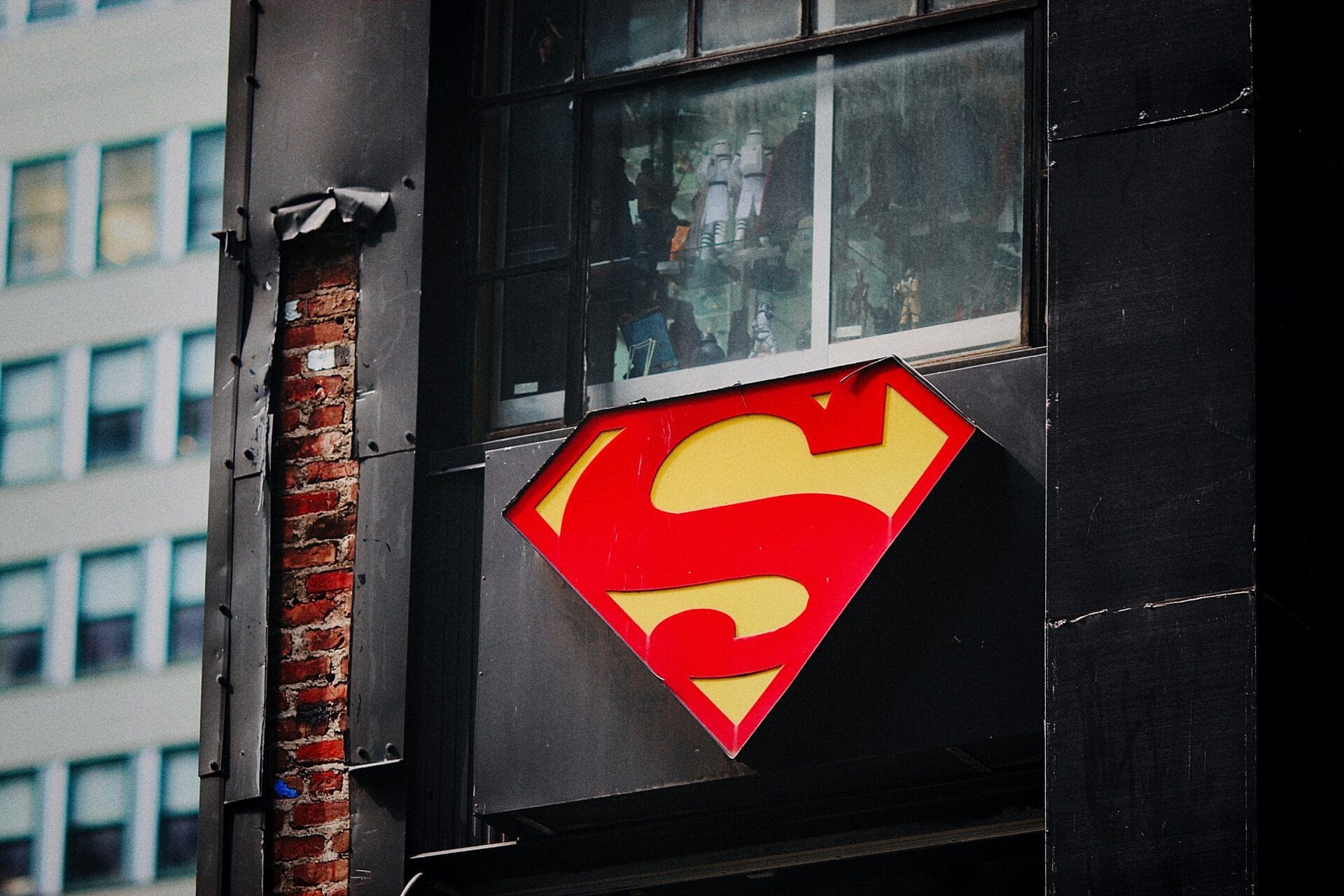
The “Man of Steel” May be an Alien, But Not Illegal: His Parents ADOPTED Him
15 Jul 2025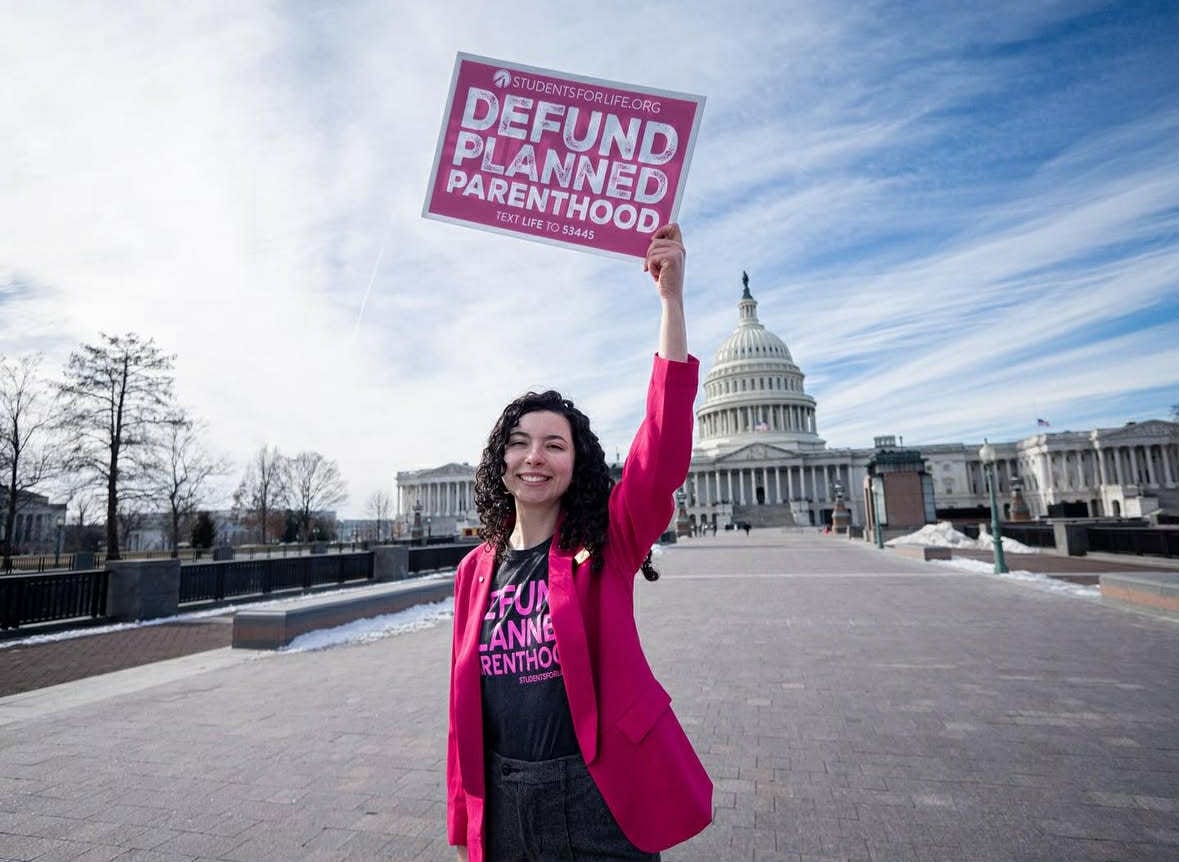
The “Little” Moments That Make a Big Impact: How Being a Regional Coordinator Fuels My Pro-Life Passion
14 Jul 2025
Abortion Brags from Lily Allen & Hat from Cynthia Nixon Enrage Even Pro-Choice Americans. Can the Pro-Life Generation Take Some Credit?
11 Jul 2025